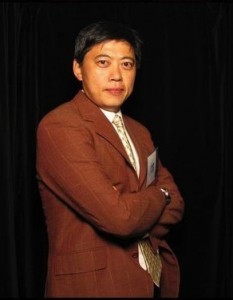After 32 years of distinguished service to the CSU and four and a half years at San Jose State University, Associate Vice President and Chief Information Officer Terry Vahey, who has provided strong leadership and guidance to IT Services, has decided to retire. Her last day on campus will be Sept. 16.
I will be working closely with Terry and the IT Services leadership team in the coming weeks to develop a transition plan. In the meantime, please join me in congratulating Terry on her retirement and acknowledging her contributions to SJSU.
It has been my pleasure to work more closely with her since IT Services moved to Academic Affairs in December. She provided steady guidance to her team during the changeover.
Throughout her tenure at SJSU, Terry provided administrative and strategic vision and leadership for current and emerging technologies, infrastructure and security. She oversaw the implementation of robust wireless and network infrastructure that supports the entire campus, along with an upgraded, modernized phone system. Terry has also been integral in leading our transformation of teaching and learning spaces with collaboration, video and interactive technology tools.
As AVP of IT Services and CIO, she has worked to enhance communication between IT Services and campus users, most recently with a customer service survey. She has specifically worked to highlight the ways in which technology can serve student success. Under her leadership, the SJSU Innovation and Collaboration Technology Expo was launched as a venue for students, faculty and staff to share ways they have successfully integrated tech tools to enhance teaching and learning.
Join me in thanking Terry for her service to our campus and wishing her well in her future endeavors.
Sincerely,
Andy Feinstein
